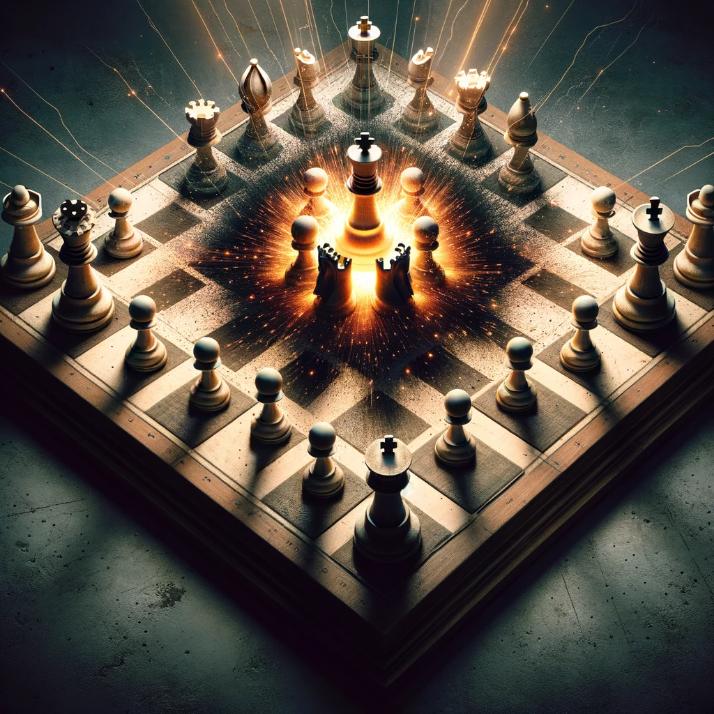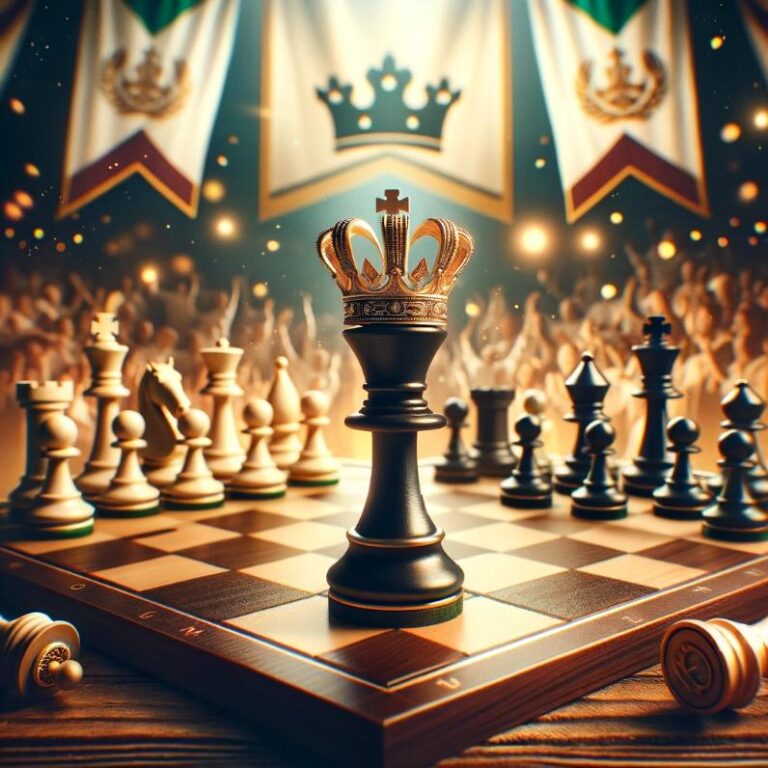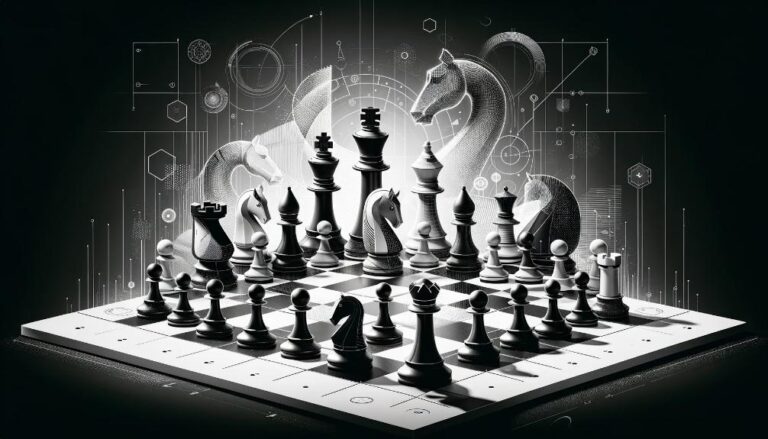Introduction to Chess Ranking
Chess has been a popular game for centuries, with its origins dating back to 6th century India. Over the years, it has become a global sensation, with professional players competing in tournaments all around the world. With the increasing popularity of chess, the need for an accurate way to rank players and determine their global positions has become more important than ever.
In the world of competitive chess, ranking is crucial. It determines the players´ status and eligibility for certain tournaments, as well as their potential winnings. In this article, we will delve into the concept of chess ranking, how it is determined, and its significance in the world of chess. We will also explore the global positions of top players and the role of Artificial Intelligence (AI) in this process.
The Chess Ranking System
In chess, players are ranked based on their performance in tournaments and matches. The most widely used ranking system is the Elo rating system, developed by Arpad Elo in the 1960s. This system takes into account both wins and losses, as well as the rating of the opponent.
The Elo rating is a numerical value that increases or decreases with every game played. The higher the rating, the better the player´s skill level. In this system, a difference of 200 points between players indicates that the higher-rated player has a 75% chance of winning the game.
Other ranking systems include the FIDE rating system, used in international chess competitions, and the US Chess Federation´s rating system, used in American tournaments.
Global Positions and Rankings in Chess
The global positions of top chess players are determined by their ranking in the aforementioned rating systems. Currently, the top 10 players in the FIDE rating list are:
- Carlsen, Magnus (Norway)
- Caruana, Fabiano (USA)
- Ding, Liren (China)
- Grischuk, Alexander (Russia)
- Nepomniachtchi, Ian (Russia)
- Duda, Jan-Krzysztof (Poland)
- Anand, Viswanathan (India)
- Vachier-Lagrave, Maxime (France)
- Giri, Anish (Netherlands)
- Aronian, Levon (Armenia)
These players are currently at the top of the chess world, with Carlsen and Caruana battling for the number one spot in recent years. These rankings are constantly changing as players compete in different tournaments and matches, showcasing the dynamic nature of the game.
The Role of Artificial Intelligence in Chess Rankings
With the advancement of technology, AI has become an integral part of various industries, including chess. In the world of chess rankings, AI is used in multiple ways, such as analyzing games, providing training and coaching, and even predicting players´ moves during games.
AI programs have been used to analyze data from past games and tournaments, allowing for a deeper understanding of players´ strategies and moves. This data can then be used to predict the outcome of future games, as well as rank players according to their performance and skill level.
In addition, AI-powered chess apps and software have been developed to provide players with training and coaching. These programs can analyze a player´s game and provide insights and suggestions for improvement, ultimately leading to a higher ranking and better overall performance.
Furthermore, in the world of online chess, AI programs are used to detect cheating and ensure fair play. These programs can analyze players´ moves and detect any suspicious behavior, helping to maintain the integrity of the ranking system.
Conclusion
In conclusion, the ranking system in chess plays a crucial role in determining players´ global positions and status in the highly competitive world of chess. With the help of AI, this process has become more accurate and efficient, allowing for a fair evaluation of players´ skills and performance. As the game of chess continues to evolve and gain popularity, the ranking system will also continue to evolve with the help of AI, providing players with a fair and accurate assessment of their abilities.






